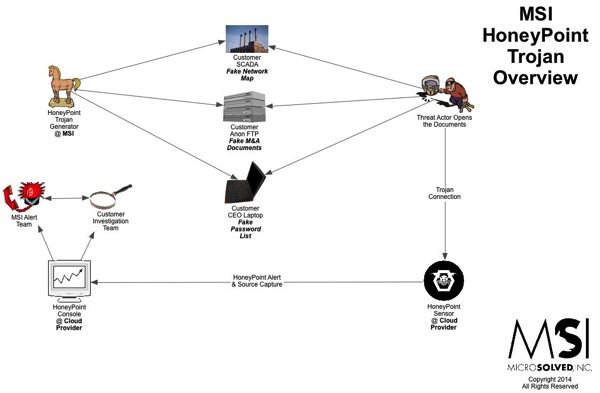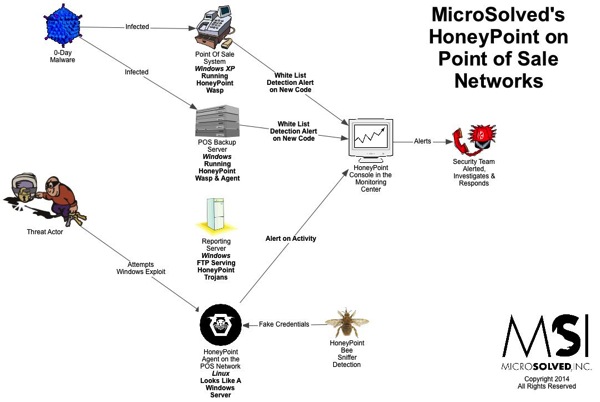There is no easier way to shut down the interest of a network security or IT administrator than to say the word “monitoring”. You can just mention the word and their faces fall as if a rancid odor had suddenly entered the room! And I can’t say that I blame them. Most organizations do not recognize the true necessity of monitoring, and so do not provide proper budgeting and staffing for the function. As a result, already fully tasked (and often times inadequately prepared) IT or security personnel are tasked with the job. This not only leads to resentment, but also virtually guarantees that the job is will not be performed effectively.
And when I say human monitoring is necessary if you want to achieve any type of real information security, I mean it is NECESSARY! You can have network security appliances, third party firewall monitoring, anti-virus packages, email security software, and a host of other network security mechanisms in place and it will all be for naught if real (and properly trained) human beings are not monitoring the output. Why waste all the time, money and effort you have put into your information security program by not going that last step? It’s like building a high and impenetrable wall around a fortress but leaving the last ten percent of it unbuilt because it was just too much trouble! Here are a few tips for effective security monitoring:
- Properly illustrate the necessity for human monitoring to management, business and IT personnel; make them understand the urgency of the need. Make a logical case for the function. Tell them real-world stories about other organizations that have failed to monitor and the consequences that they suffered as a result. If you can’t accomplish this step, the rest will never fall in line.
- Ensure that personnel assigned to monitoring tasks of all kinds are properly trained in the function; make sure they know what to look for and how to deal with what they find.
- Automate the logging and monitoring function as much as possible. The process is difficult enough without having to perform tedious tasks that a machine or application can easily do.
- Ensure that you have log aggregation in place, and also ensure that other network security tool output is centralized and combined with logging data. Real world cyber-attacks are often very hard to spot. Correlating events from different tools and processes can make these attacks much more apparent.
- Ensure that all personnel associated with information security communicate with each other. It’s difficult to effectively detect and stop attacks if the right hand doesn’t know what the left hand is doing.
- Ensure that logging is turned on for everything on the network that is capable of it. Attacks often start on client side machines.
- Don’t just monitor technical outputs from machines and programs, monitor access rights and the overall security program as well:
- Monitor access accounts of all kinds on a regular basis (at least every 90 days is recommended). Ensure that user accounts are current and that users are only allocated access rights on the system that they need to perform their jobs. Ensure that you monitor third party access to the system to this same level.
- Pay special attention to administrative level accounts. Restrict administrative access to as few personnel as possible. Configure the system to notify proper security and IT personnel when a new administrative account is added to the network. This could be a sign that a hack is in progress.
- Regularly monitor policies and procedures to ensure that they are effective and meet the security goals of the organization. This should be a regular part of business continuity testing and review.


